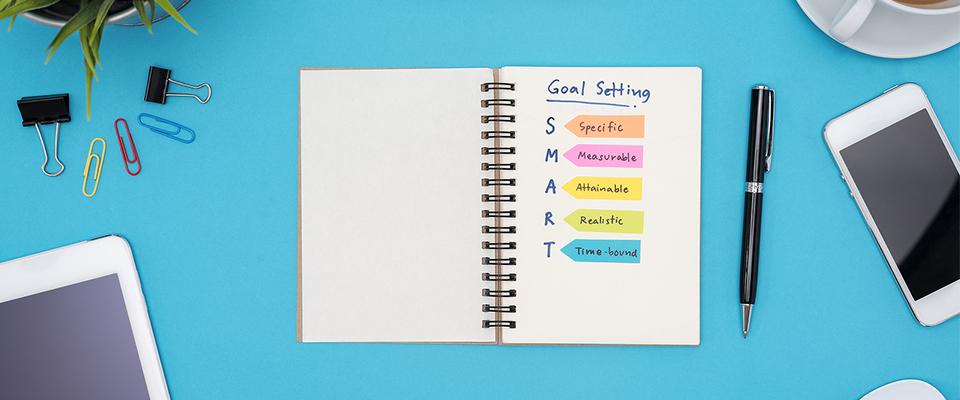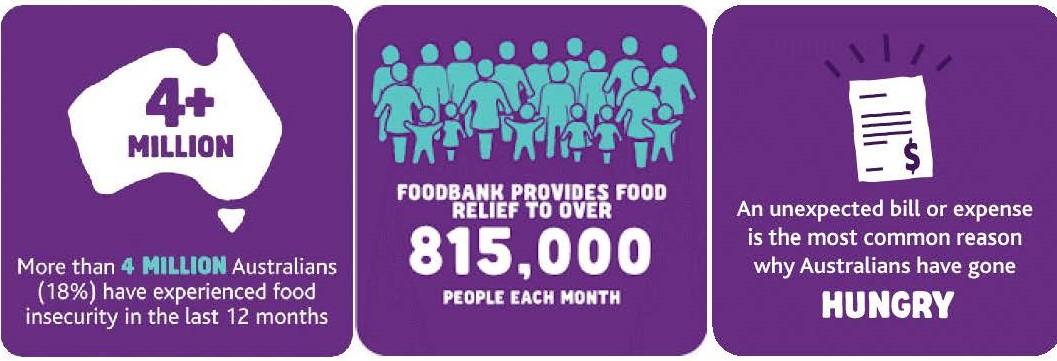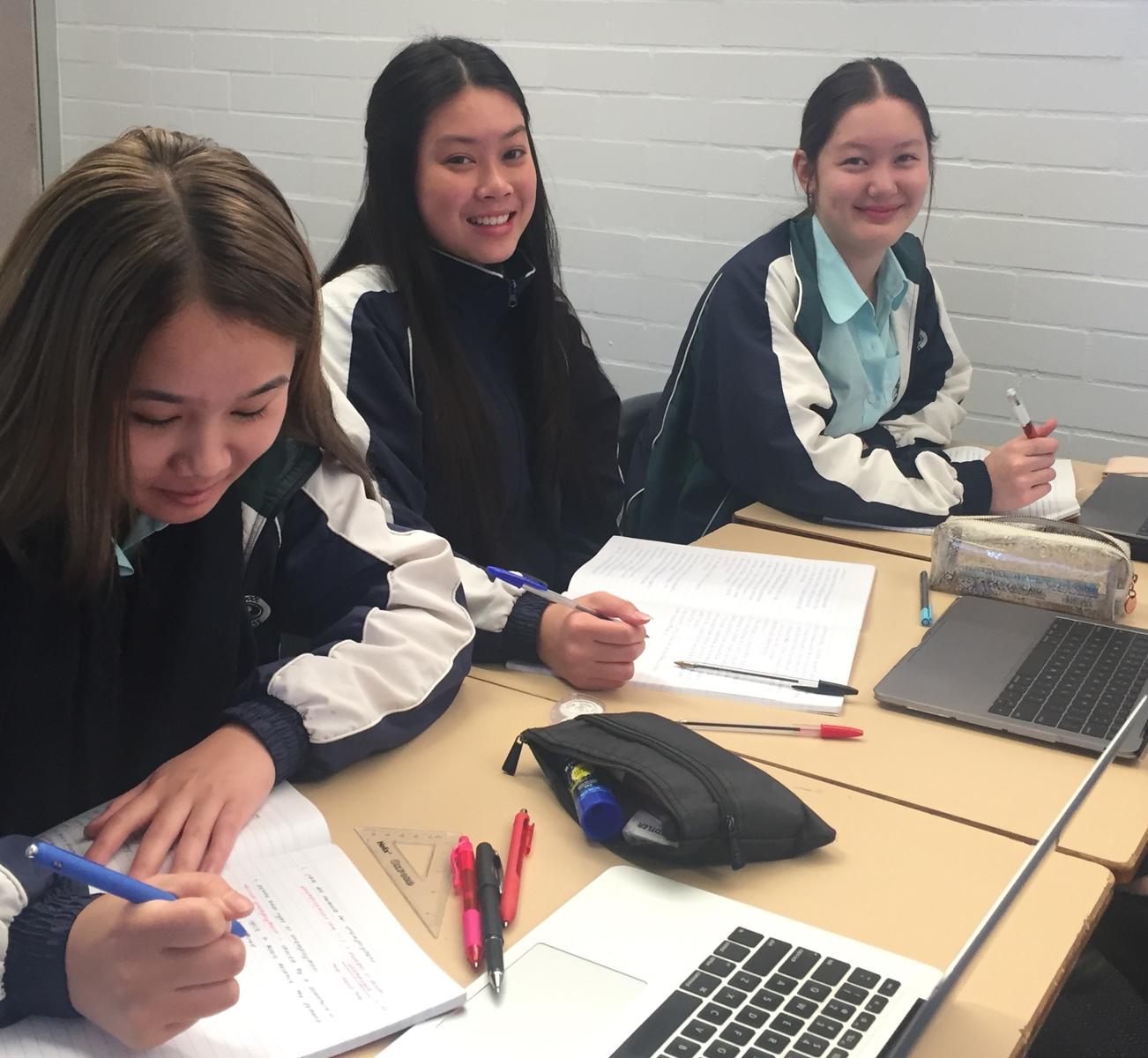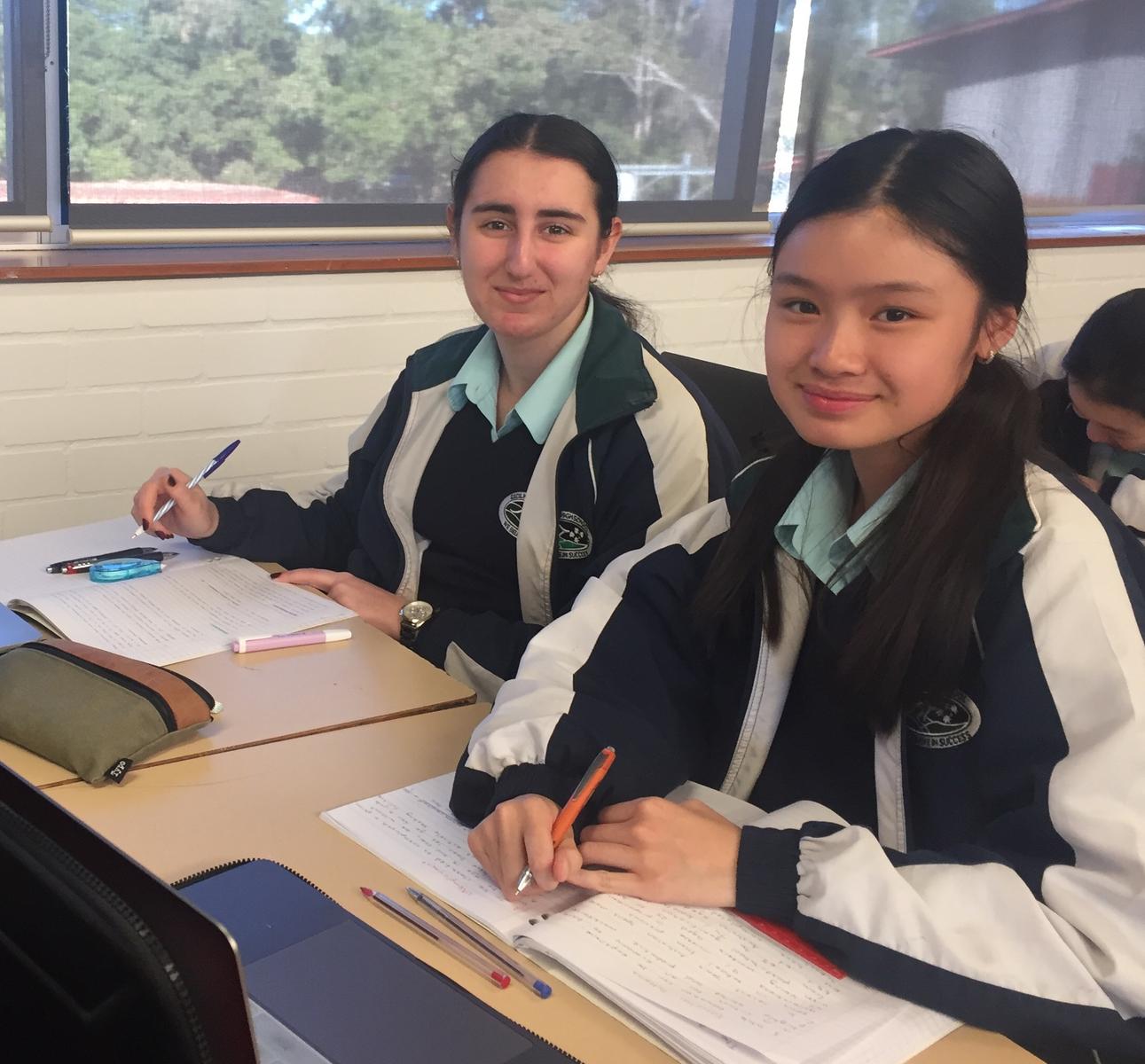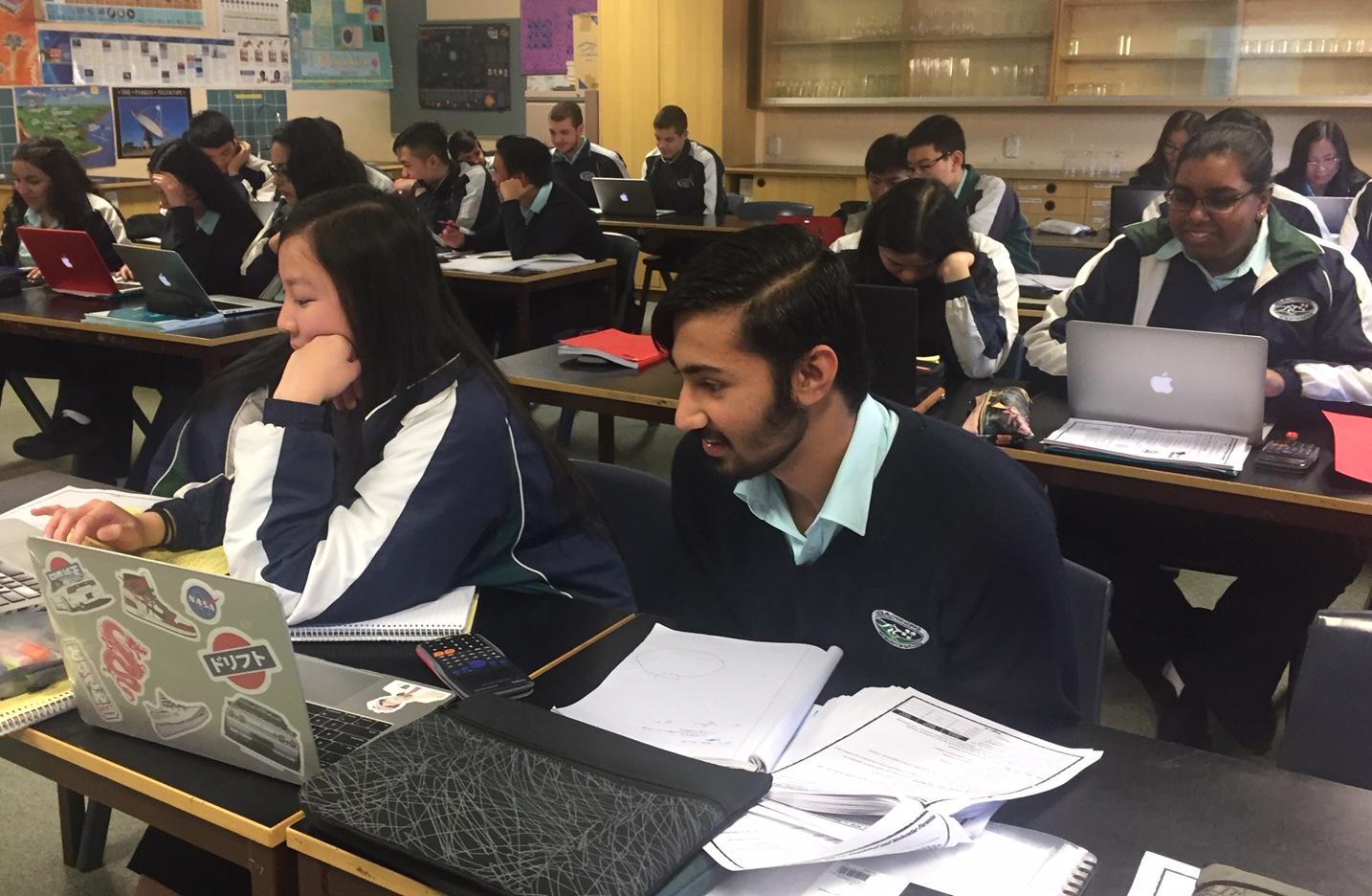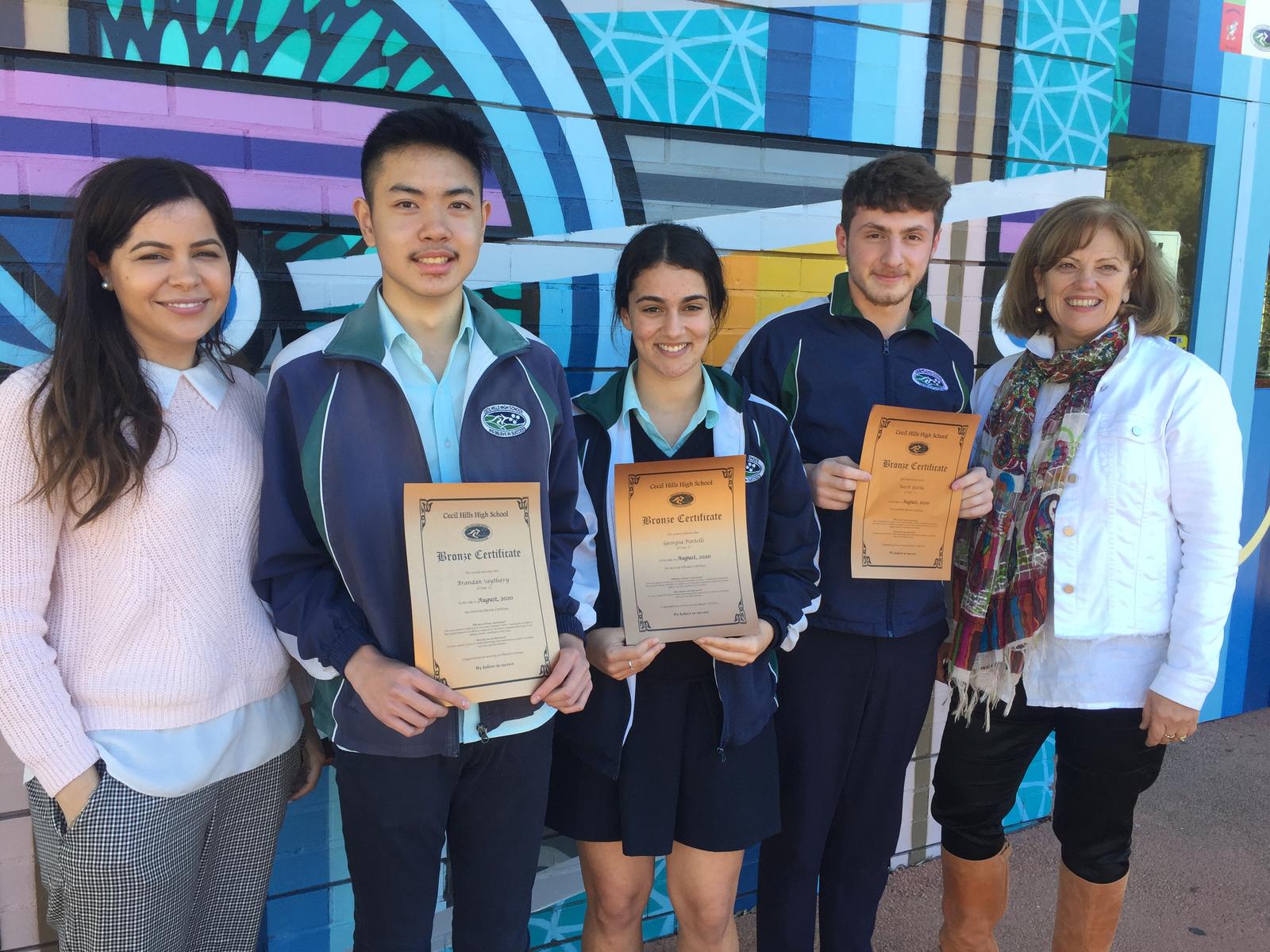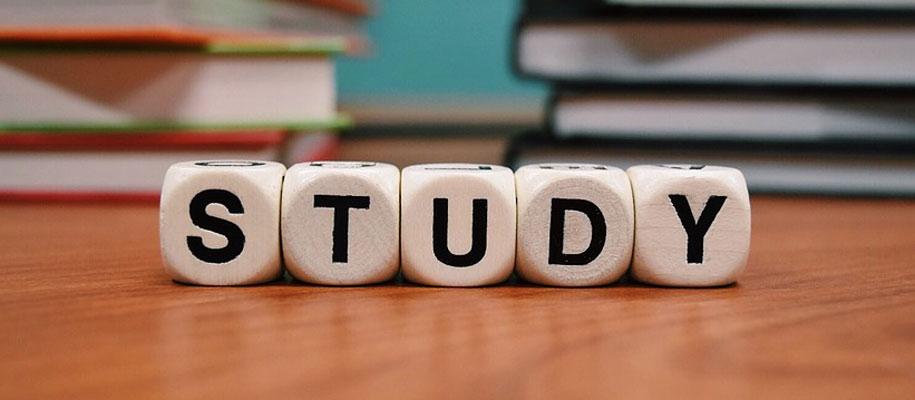Setting high standards
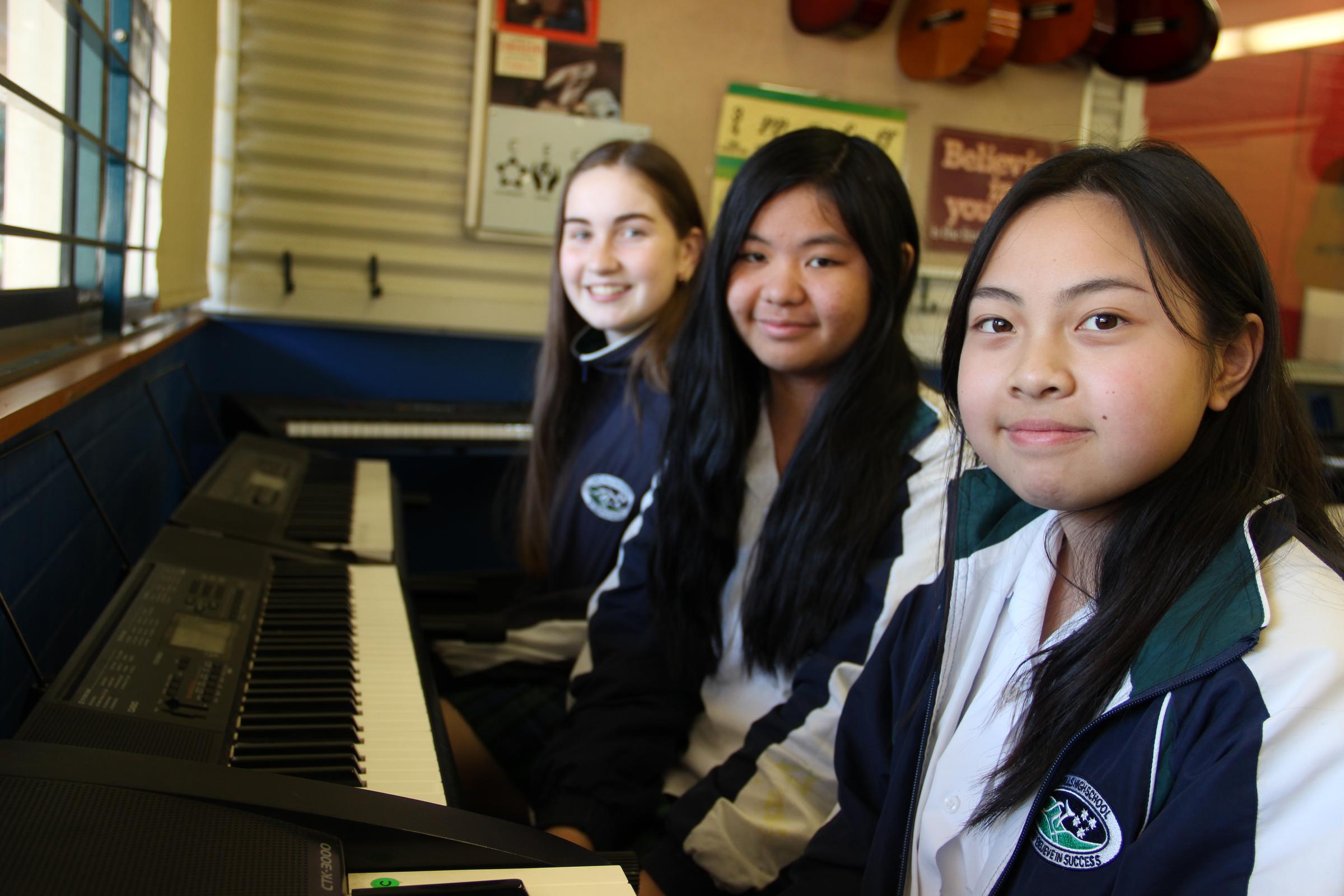
Year 8
This term, Year 8 students have been working with their Connect teachers on making SMART goals after reflecting on their progress through the first half of the year. Setting goals gives students direction and boosts their motivation and self-confidence. It would be great for parents to discuss these goals with their children as they will be more likely to achieve them with the support and accountability of those around them.
Year 8 are also beginning to plan a charity day in order to raise funds and awareness for Foodbank Australia. Foodbank is Australia’s largest food relief organisation, operating on a scale that makes it crucial to the work of the front line charities who are feeding vulnerable Australians. They fight hunger by providing food for 815,000 Australians each month and advocate for the almost one in five Australians who experience food insecurity each year. Planning this charity day not only builds team work and cohesion across the 262 students in Year 8, but also educates them on the work of charity organisations, while also learning the gratitude of giving to others.
This term, students have begun a new Innovation elective. As we couldn’t hold our usual Festival of Innovation at school to showcase the work and projects produced in the Semester One electives, a website has been developed for this purpose. It’s great to see how engaged students have been in these classes. This website will be continually updated with blogs from students. Please take a look at how Year 8 have been demonstrating our CECIL skills of collaboration, engagement, communication, innovation and leadership:
Students should have now made their subject selections for 2021-22. Students will study one course in Year 9 and another in Year 10. More information about this process and the subjects can be found at the following link when students are linked into their education accounts:
I continue to be impressed by the focus that Year 8 have on their learning and the way that they hold themselves as a year group within the school. The Year Advisers, their classroom teachers and myself, continually remind them of being responsible, respectful and successful students. It is important they remember these core values in the playground and in their friendship groups. “If you don’t stick to your values when they are being tested, they’re not values, they’re hobbies.” Job Stewart.
Year 11
Believe it or not, Year 11 2020 is wrapping up. In two more weeks, students will be beginning their Yearly Examinations. Students should approach these exams with a positive mindset and see it as an opportunity to show their teachers what they have learned over the past three terms.
The Supporting Students link below is a short video to assist students with the following:
- How the final Year 11 exams can set you up for success
- Why you need to get up to date with your study notes
- How to identify your weak areas to focus on
- Why reading is not the most effective study strategy
- How to use past papers
One of the things mentioned in this video is the difference between passive study and active study. The article below by Edward Kang, explains how students can avoid ineffective study habits in favour of ones that will increase their learning outcomes. Kang says that too often, people imagine that long hours of studying are the best path to being a model, straight-A student. Yet research shows that highly successful students actually spend less time studying than their peers do - they just study more effectively.
Study Less, With Greater Intensity
In this era of social media and digital distractions, many students (and adults) do a lot of multitasking. But there is no such thing as successful multitasking, because much of the time spent is wasted on context switching, where the brain has to restart and refocus.
Consider the formula “work accomplished = intensity of focus X time spent.” A student who is studying for Biology but also checks his texts and scrolls through Instagram has a low intensity of focus - say a 3. Although he spends 3 hours “studying,” his work accomplished is only a 9.
On the other hand, a student who takes steps to focus solely on Biology has a high-intensity of focus - a 10. Though she spends only an hour studying, she accomplishes more than her distracted classmate did in 3 hours.
Highly successful students have generally learned to avoid multitasking. Instead of spending a lot of time doing low-intensity work with numerous distractions, these students work for shorter periods at higher intensity, without any distractions from email, social media, etc. Their studying is more effective and leads to greater achievement gains.
Ineffective Learning Techniques
Many students use learning techniques that are time consuming and give the illusion of mastery. They become familiar with ideas and information in preparation for a test, but forget it a week later because their learning techniques never led to long-term learning.
Ineffective techniques include:
- Studying for long periods of time.
- Studying a single subject for a long period of time and repeating phrases over and over to memorise them (known as massed practice).
- Reviewing one topic repeatedly before moving onto another topic (blocked practice)
- Reading and re-reading a text.
- Highlighting or underlining important concepts in a text and then reviewing
- Reviewing notes.
FIVE High-Intensity Study Habits
Researchers have found that the following techniques increase sustainable learning and retention when incorporated in students’ daily study habits. These techniques are difficult and require effort. Initially the learning gains seem to be smaller than with some ineffective practices. However, these techniques lead to long-term mastery.
The book, Make It Stick, identifies several research-proven studying techniques.
- Pre-test: When students practice answering questions, even incorrectly, before learning the content, their future learning is enhanced. Research has shown that pre-testing improves post-test results more than spending the same amount of time studying.
- Spaced practice: Spacing out study sessions - focusing on a topic for a short period on different days - has been shown to improve retention and recall more than massed practice. The book, How We Learn, explains that spaced practice can feel difficult due to an initial forgetting of knowledge - reacquiring that knowledge takes effort. Creating flash cards that can be used for spaced practice and self-quizzing is effective. Students should create different piles when reviewing the flash cards. The cards they’re able to answer immediately should be placed in a pile to review three days later; those answered with some difficulty should be reviewed two days later; and those that they answered incorrectly should be reviewed the next day.
- Self-quizzing: Testing is a form of active retrieval practice. Students should make test questions for themselves as they learn a new concept, thinking about the types of questions they might get asked on a quiz or test. They should incorporate these quizzes into their study sessions, answering every question, even those they believe they know well.
- Interleaving practice: Students may rely on blocked practice, studying a set of problems - such as multiplication problems - as a group until they feel mastery. A more effective method of studying is to work on a set of problems that are related but not all of the same kind - for example, a set of math word problems that call for addition, subtraction, multiplication, or division. The consecutive problems cannot be solved with the same strategy. This is more effective than doing one multiplication problem after another.
- Paraphrasing and reflecting: Many of us have read a few paragraphs in a textbook only to realise that we didn’t retain a single concept or key point presented in those paragraphs. To combat this, students should utilise intentional learning strategies. These include relating what is being learned to prior knowledge, thinking about how they would explain the content to a 5-year-old, and reflecting on and asking questions about the content.
Amongst all of the learning, studying and preparation for examinations, we have had 26 Year 11 students apply for the coveted positions of School Captain of Cecil Hills High School for 2021. I have been so proud of our applicants and their dedication to improving our school through hard work and leadership. We will announce our official leadership in the coming days but I would like to remind all students that they don’t have to have the title of “school captain” to be a leader. Leadership is a behaviour that positively influences others, and we all have the ability to do that.
Mrs Denise James
Deputy Principal - Years 8 and Year 11


